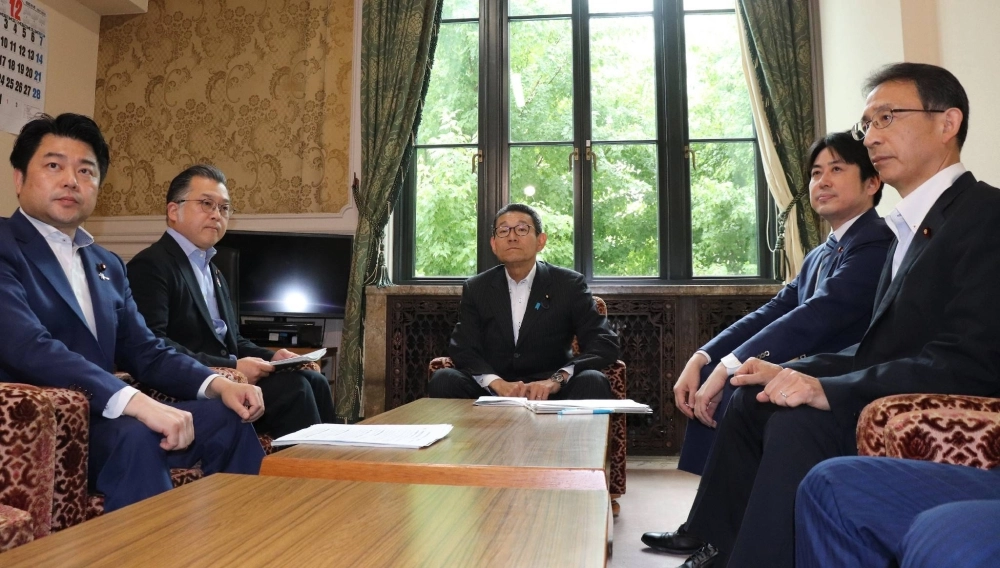Ruling and opposition parties kicked off full-fledged negotiations Tuesday over a revision of the law on political funding after a week of debates in parliament failed to bridge existing gaps.
With a little over three weeks left before the ongoing session of parliament draws to a close on June 23, lawmakers from both sides of the aisle agreed to expedite discussions and clear the path for a formal approval in the Lower House.
However, as previous discussions have shown, lawmakers remain far apart on some contentious issues — namely the handling of corporate donations and fundraising parties — and whether they’ll be able to craft a bill that accommodates all the parties involved remains unclear.


















With your current subscription plan you can comment on stories. However, before writing your first comment, please create a display name in the Profile section of your subscriber account page.